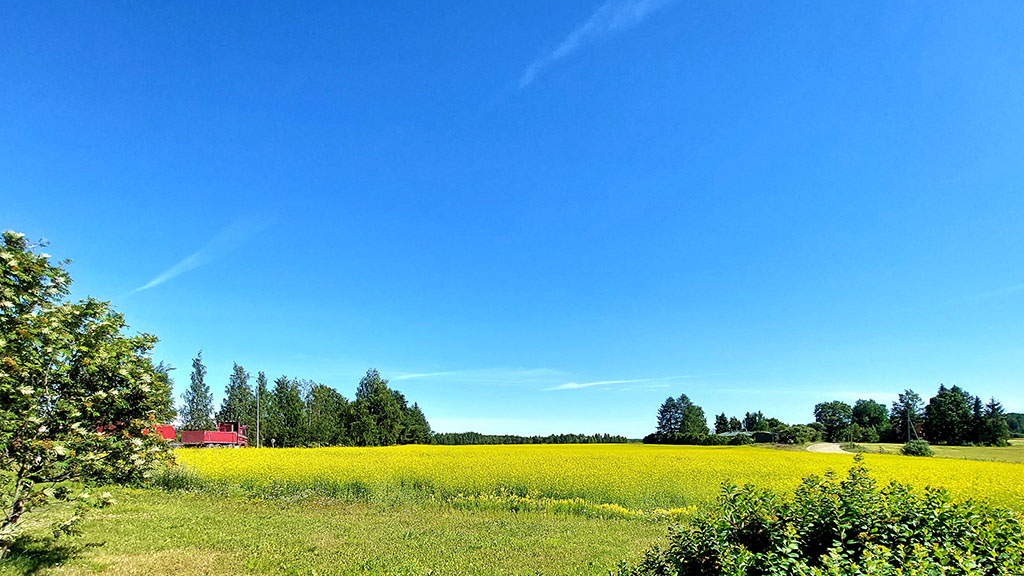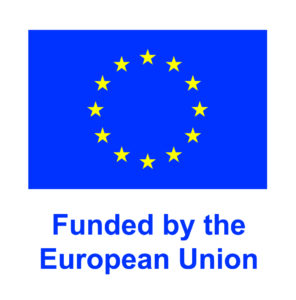Europe-wide Effort to Improve Soil Health – Achieving New Objectives Demands Systematic Information about Soil
A clean environment is important both to human health and the well-being of ecosystems. According to an estimate, about 60 to 70 per cent of the soil in EU member states has deteriorated to some extent due to anthropogenic activities. New actions strive to reduce soil contamination and promote restoration.

In 2021, the European Commission published a soil strategy for EU with the goal of securing the health of European soil by 2050. As part of the implementation of this strategy, the Commission is also preparing a legislative proposal for soil health, the Soil Health Law. This proposal is included in the European Green Deal programme and it will be published in summer 2023.
The goal is to significantly improve the state of soils and protect them on the same grounds as air and water, for example. This requires actions such as determining the good state of soil, restoring contaminated soil, reducing soil erosion and protecting the soil. The Geological Survey of Finland GTK is coordinating a new research and innovation project related to the topic, ISLANDR ‒ Information-based Strategies for Land Remediation. The project aims to develop methods for identifying the sources of soil contamination and assessing the risks they cause.
The different forms of land use have different impacts on soils. The purpose of the project is to collect a metadata catalogue that describes how information related to contaminated land areas and soil contamination caused by local and diffuse pollution is collected around Europe. Collecting and processing the information and building a public database will take a great deal of work.
“Methods will be developed to identify contaminated taking into consideration both the natural background concentrations and the effects of past and present anthropogenic activities. Soil contamination will be investigated in different soil types and in different climate conditions in Europe. All in all, soil in Europe is highly heterogeneous, and background information will be required to implement the Soil Heatlh directive,” says the scientific coordinator of the ISLANDR project, Senior Scientist Kirsti Loukola-Ruskeeniemi from GTK.
Another objective is to develop funding models that will allow allocating the available resources to promote remediation actions and increase reusing the soils. There are differences between European states regarding legislation, regional planning, permit procedures and administrative decision-making procedures. This is why the project features close cooperation with different stakeholders regarding restoration objectives, for example, and the results and the policy recommendations developed will be distributed not only to the scientific community but also to general public.
Further information
Kirsti Loukola-Ruskeeniemi, Senior Scientist
Geological Survey of Finland GTK
kirsti.loukola-ruskeeniemi@gtk.fi
Tel.: +358 29 503 2850

